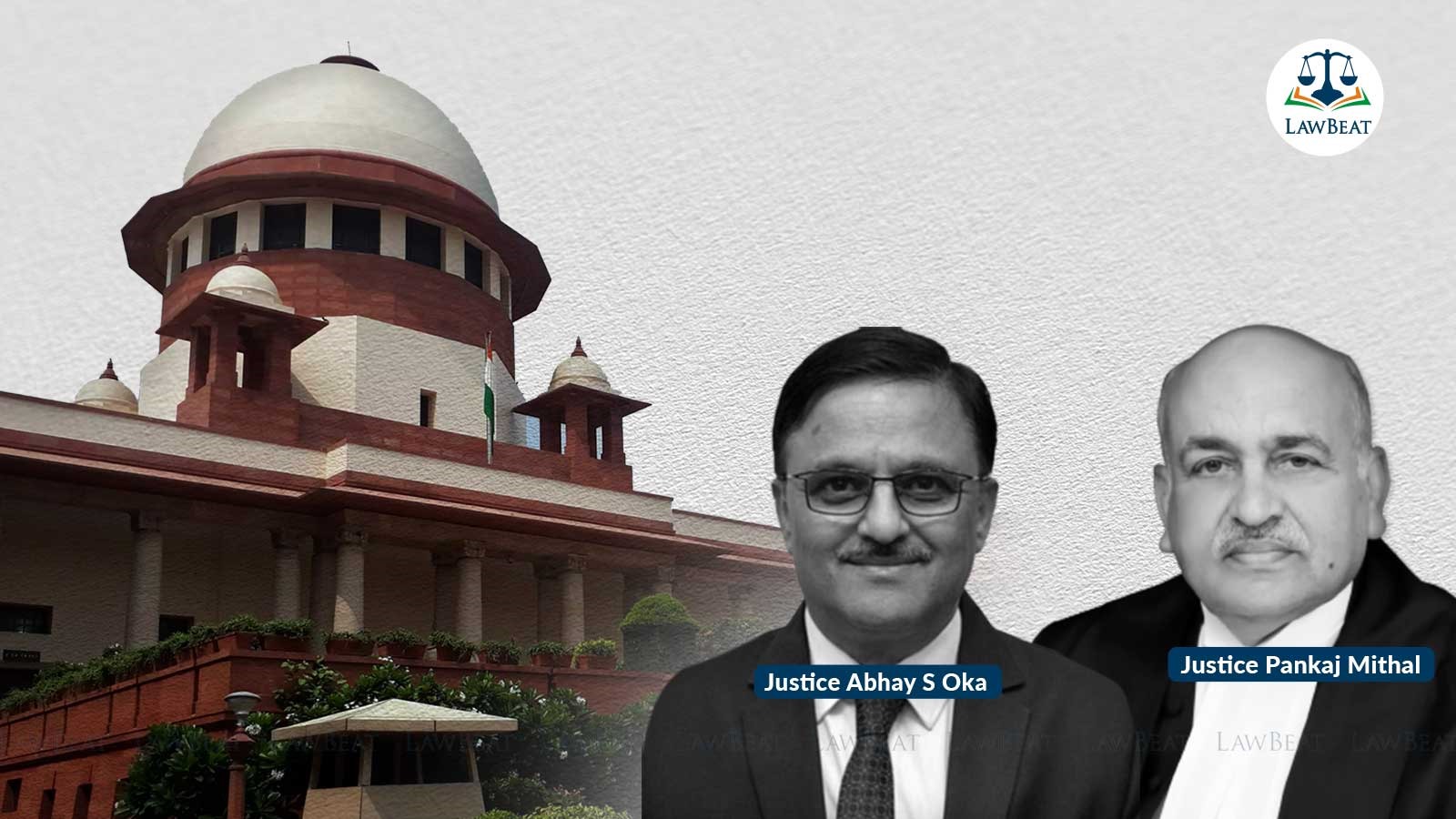Caste or religion of a litigant should never be mentioned in cause title of judgment: Supreme Court

Supreme Court has said that as law prescribes a minimum sentence, the fact that the accused was suffering incarceration from 2014 is not material and the caste of the accused, per se, is not a consideration for showing leniency in the cases of such offences under POCSO
Noting that an accused has no caste or religion when the Court deals with their case, the Supreme Court has held caste or religion of a litigant should never be mentioned in the cause title of the judgment.
"An accused has no caste or religion when the Court deals with his case. We fail to understand why the caste of the accused has been mentioned in the cause title of the judgments of the High Court and the Trial Court. The caste or religion of a litigant should never be mentioned in the cause title of the judgment," a division bench has said.
Court has further opined caste of the convict cannot be used to show "undue" leniency in a "gruesome and heinous" case related to sexual assault of a young girl of five to six years of age, whose life has been ruined for trauma, making her a psychological wreck.
A bench of Justices Abhay S Oka and Pankaj Mithal, while enhancing the sentence of a convict from 12 to 14 years jail term, has further suggested making the rehabilitation of such girl victims in life as part of the “Beti Bachao Beti Padhao” campaign of the central government.
It also took an exception to writing caste of the convict in cause title of the judgments of the Trial Court and the High Court as well as in the Special Leave Petition, saying such practice should never be followed.
The matter before the court stemmed from an appeal filed by the Rajasthan government against the High Court's judgement, contending it had shown undue and undeserving leniency to the convict in reducing the life term imposed by the trial court to just 12 years of jail term.
"The offence is so gruesome and heinous that it will impact the victim for her entire life. The childhood of the victim has been destroyed. The victim's life has been ruined due to the trauma and everlasting impact on her mind. It must have converted the victim into a psychological wreck," the bench said.
Coming back to the High Court's decision, court said it showed leniency as the accused was 22 years; he belonged to a poor scheduled caste family; he was not habitual offender and he had suffered incarceration since May 8, 2014.
As far as the serious offences under Section 376 of IPC and the POCSO Act are concerned, the fact that the accused is not a habitual offender is entirely irrelevant, court has held.
"The intention of the legislature is clear from Section 376E of IPC, introduced with effect from 3rd February 2013. It provides that whosoever has been previously convicted for the offence punishable under Section 376 of IPC and is subsequently convicted for the same crime shall be punished with imprisonment for life, which shall mean imprisonment for the remainder of that person’s natural life or death. Therefore, the law takes care of habitual offenders by imposing stringent punishment under Section 376 of IPC," the bench said.
With regard to financial condition of the accused, bench said in a given case, it can be one of the considerations for not exceeding the minimum sentence. "Still, again, when it comes to such a serious offence against a girl aged five to six, the financial condition of the accused should not normally weigh in the mind of the Court", it added.
In this case, the victim's family is from the same economic strata, court further pointed out.
"This is a case which impacts the society. If undue leniency is shown to the respondent in the facts of the case, it will undermine the common man's confidence in the justice delivery system. The punishment must be commensurate with the gravity of the offence. When it comes to sentencing, the Court is not only concerned with the accused but the crime as well," judgment adds.
Court had also directed for payment of Rs 20,000 as compensation to the victim, out of the Rs 25,000 fine. Secretary of the Rajasthan State Legal Services Authority has been directed to ensure that the compensation is paid to the victim under the victim compensation scheme of the State.
In its suggestion, the court said whenever a child is subjected to sexual assault, the State or the Legal Services Authorities should ensure as part of the duty that the child is provided with a facility of counselling by a trained child counsellor or child psychologist.
"It will help the victim children to come out of the trauma, which will enable them to lead a better life in future. The State needs to ensure that the children who are the victims of the offence continue with their education. The social environment around the victim child may not always be conducive to the victim's rehabilitation," the bench said.
Pointing out that only monetary compensation is not enough, the bench added, "Only the payment of compensation will not amount to rehabilitation in a true sense. Perhaps the rehabilitation of the girl victims in life should be part of the “Beti Bachao Beti Padhao” campaign of the Central Government".
It has thus ordered to forward a copy of the judgment to the Secretary of the Ministry of Women and Child Development of the Central Government to enable the Government to take appropriate action.
Case Title: State of Rajasthan vs. Gautam
